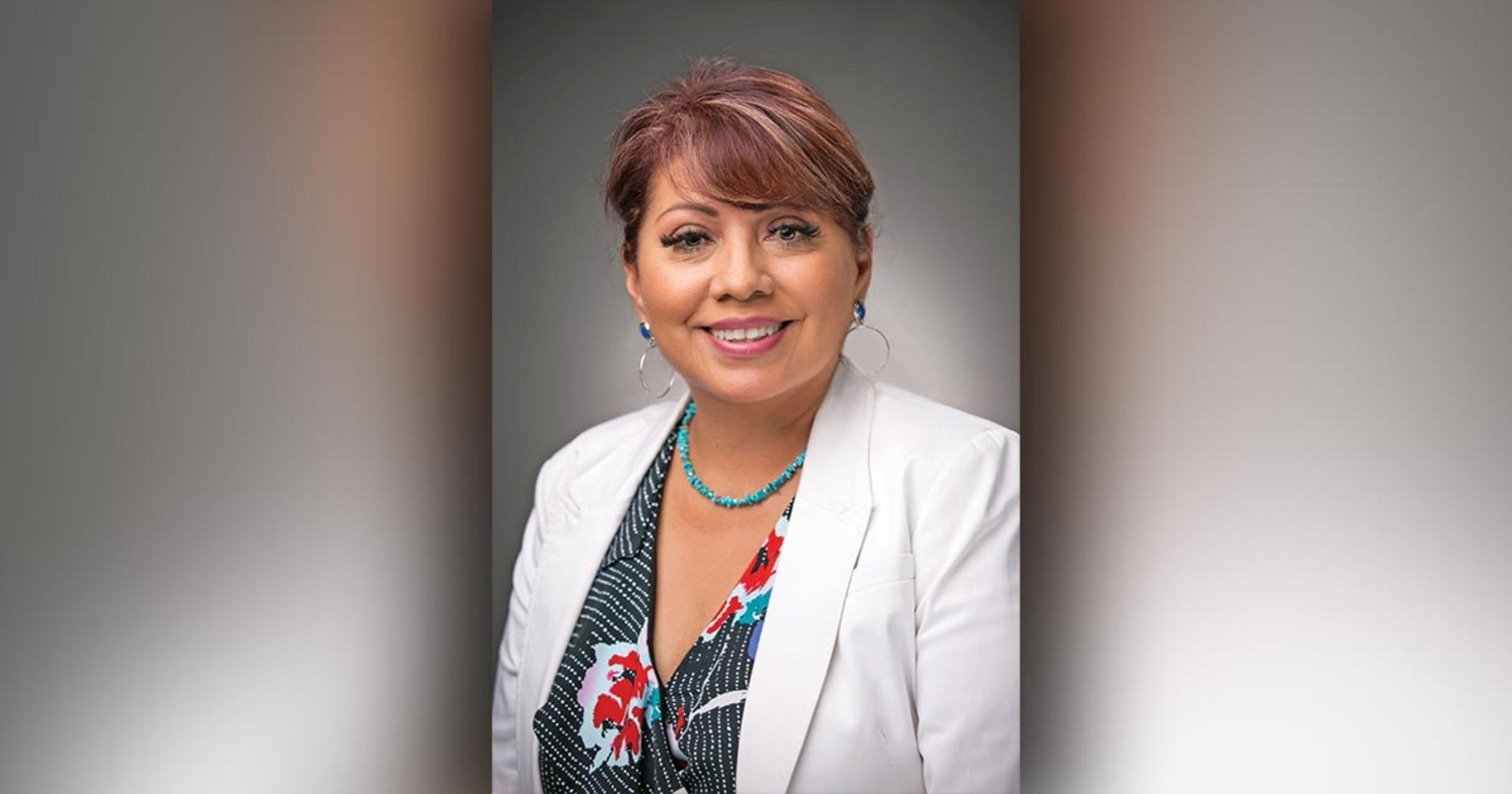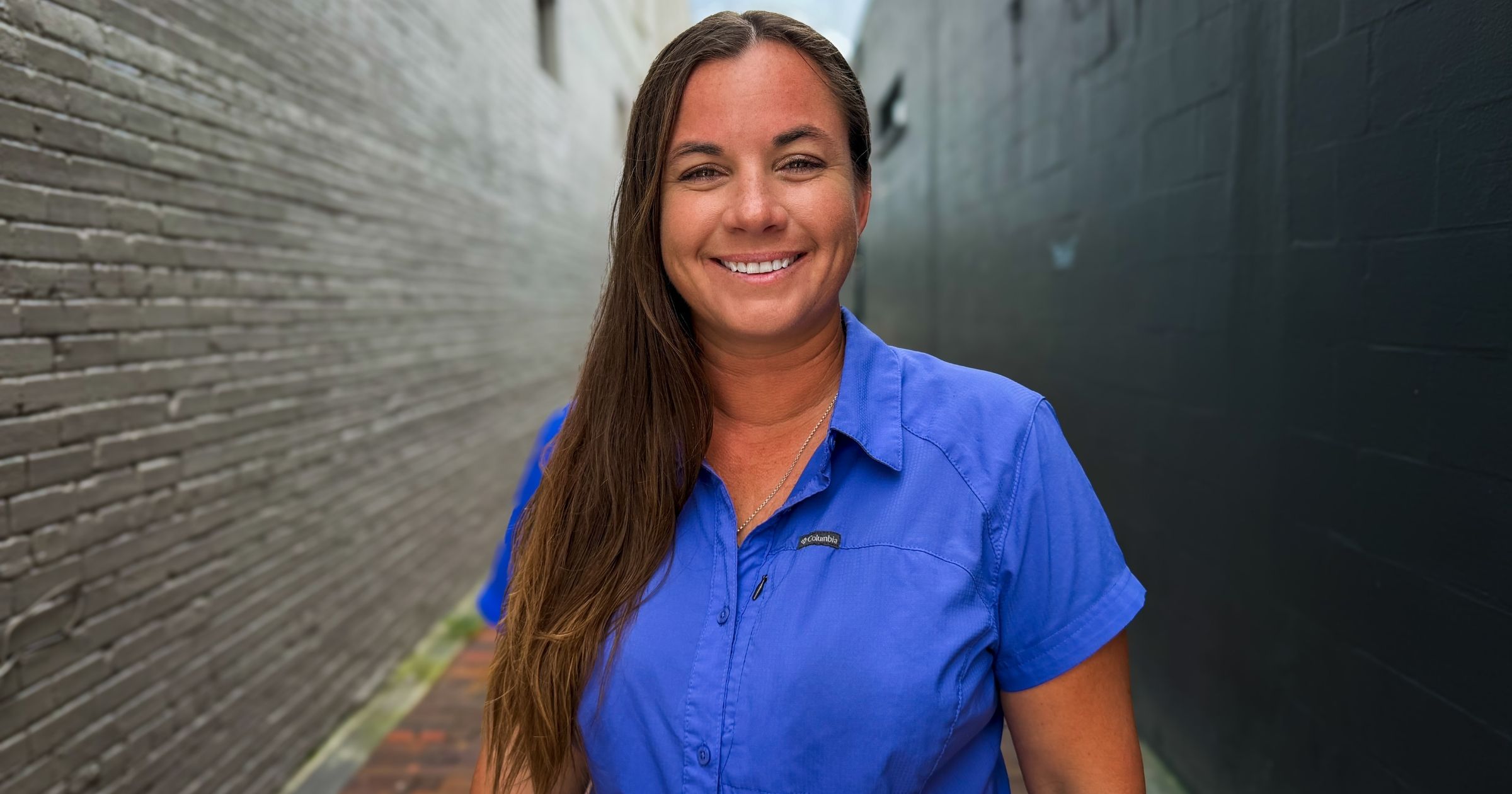
Five Minutes With ... Sherry L. Rupert
Sherry L. Rupert
CEO, AIANTA
Groups Today recently caught up with Sherry L. Rupert (Paiute and Washoe Tribes of Nevada), CEO of the American Indian Alaska Native Tourism Association (AIANTA). With two decades of executive-level experience managing and promoting Indigenous tourism, Rupert has dedicated her career to advancing cultural heritage storytelling for Native Nations and communities across the U.S.
ON THE FUTURE OF INDIGENOUS TOURISM
As we prepare for the future of travel in our Native Nations and communities across the U.S., presenting our culture, arts and foods in a respectful and authentic manner is critical. Regenerative and sustainable tourism will also play a key role. There's critical work to be done as we bridge the gap between DMOs, tribes and Native Nations across the U.S. AIANTA knows Native Nations and communities best. As AIANTA evolves into the DMO for U.S. Indigenous communities, the more opportunities Native Nations and businesses will have to share their unique, authentic stories and destinations.
I hope when people plan vacations in the U.S., they consider exploring an Indigenous experience before heading to a big city or an amusement park. As the first peoples of what is now the U.S., we can use our collective voice to become the first choice—not an afterthought.
HOW GROUP TRAVEL PLANNERS CAN RESPECTFULLY SUPPORT AND ENGAGE IN INDIGENOUS TOURISM
By partnering with Indigenous-owned businesses, ensuring experiences are led by Indigenous guides, and seeking permission before visiting culturally significant sites. Tour groups should be educated beforehand about local customs, traditions and protocols, emphasizing the importance of respectful behavior. Prioritize authentic, community-endorsed activities that benefit Indigenous communities economically and culturally.
ON AIANTA'S SIGNIFICANT EFFORTS
I'm proud to say that for more than 26 years, AIANTA has served as the only national organization dedicated to advancing cultural heritage tourism in Native Nations and communities across the U.S. Our successful legislative work led to the industry-changing Native American Tourism and Improving Visitor Experience Act (NATIVE Act) funding in 2018, as Indigenous Tourism was recognized through federal appropriations via NATIVE Act implementation.
Arguably the most important aspect of the future of travel in U.S. Indigenous communities is the need for resources, advocacy and bringing equity to tribes and Native Nations within the greater tourism industry. It's imperative that systems change to include Native experiences and destinations, and AIANTA is committed to making that happen. Tourism brings economic benefits to our Indigenous communities and much more than that, it gives American Indian, Alaska Native and Native Hawaiian people the platform to perpetuate our culture.
FINAL THOUGHTS
People want to experience something authentic. We are the first people of this nation, and our domestic neighbors should (and want) to know more about us. A lot of our Indigenous communities are open to that, and more people should take advantage of the opportunity. American Indian, Alaska Native and Native Hawaiian-owned hospitality businesses contribute $15.7 billion in annual sales to the tourism and hospitality sector in the U.S.—so yes, travelers certainly have a desire to experience something authentic.
There's a bridge between societies that non-Native visitors continue to help build, which acknowledges the dark past while looking toward a brighter future together. Curiosity is the key to a respectful visit.
Edited by Sarah Suydam, Managing Editor for Groups Today.
This article originally appeared in the Mar/Apr '25 issue of Groups Today.
Photo courtesy of American Indian Alaska Native Tourism Association.
Want articles like this one sent directly to your inbox? Subscribe to our weekly eNews here.



